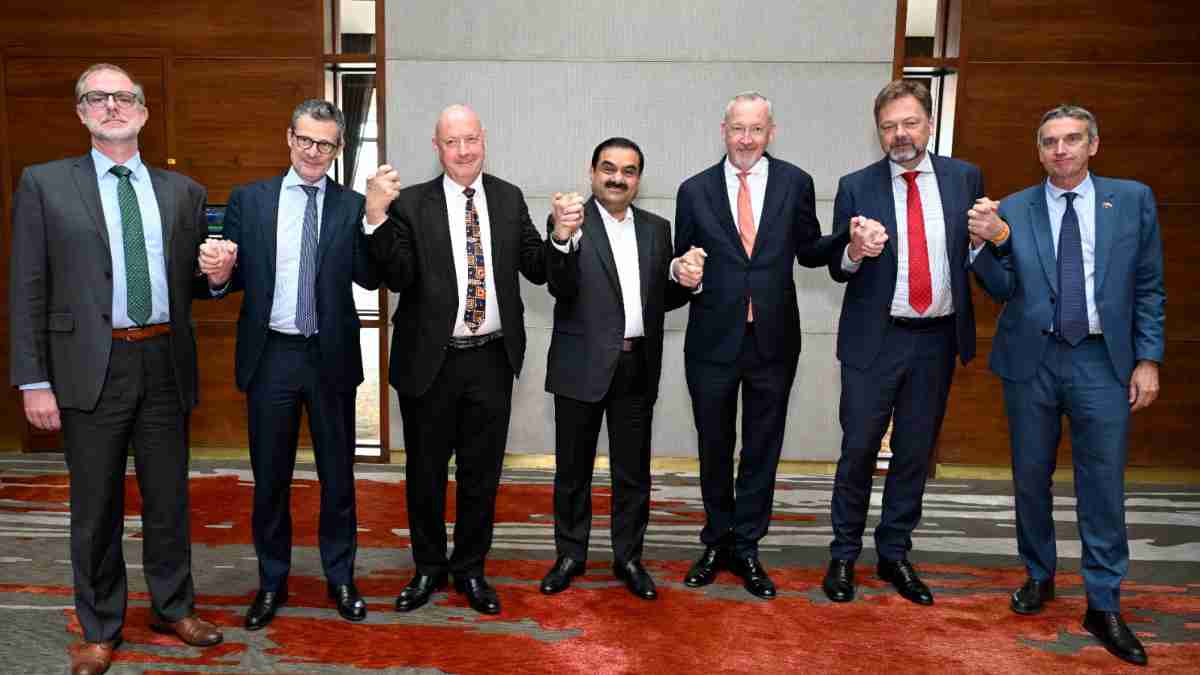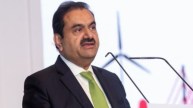Adani Group Chairman Gautam Adani recently welcomed envoys from the European Union, Belgium, Denmark, and Germany to visit the Adani Group’s major renewable energy park in Khavda and its industrial hub in Mundra, Gujarat. Gautam Adani shared on X (formerly Twitter) that it was an honor to host the ambassadors at Adani’s office, adding that the Group is committed to advancing ambitious renewable energy projects while maintaining a balanced energy mix for a sustainable future in India.
It was a privilege to host the ambassadors from the EU, Belgium, Denmark and Germany at our office. I deeply appreciate their visit to the world’s largest renewable energy park in Khavda, Gujarat, and India’s largest port, logistics and industrial hub in Mundra. Our discussions… pic.twitter.com/RECIKxbfkc
---Advertisement---— Gautam Adani (@gautam_adani) November 12, 2024
Renewables as a Path to Sustainability
The Adani Group’s renewable energy park at Khavda is recognized as the world’s largest, spanning 538 square kilometers of barren land in Kutch, Gujarat. This vast project, spearheaded by Adani Green Energy Ltd (AGEL), is designed to support India’s decarbonization efforts and sustainable development goals. Upon completion, Khavda will be the world’s largest power plant across all energy sources, positioning India as a significant player in the renewable energy sector.
Also Read: 8-Year-Old Domestic Worker Rescued from Employers in Noida Society
Global Praise for Adani’s Renewable Initiatives
The Khavda renewable site has attracted considerable international attention, with several global dignitaries commending the Adani Group’s pioneering contributions to green energy. The site symbolizes India’s commitment to mitigating climate change and reducing fossil fuel dependence by developing renewable energy infrastructure that will help meet a significant portion of India’s energy needs.
India’s Climate Commitment at COP26
In 2021, during COP26, India made the “Panchamrit” pledge a set of five ambitious goals to be achieved by 2030. These include achieving a 500 GW capacity for non-fossil electricity, fulfilling half of the nation’s energy requirements from renewable sources, and reducing carbon emissions by one billion tonnes. India’s push towards renewable energy is aligned with global climate initiatives, as green energy gains international momentum for climate mitigation and energy transition efforts.
Also Read: Poll Body Defends Uddhav Thackeray Bag Check, Citing SOP Compliance: Sources













